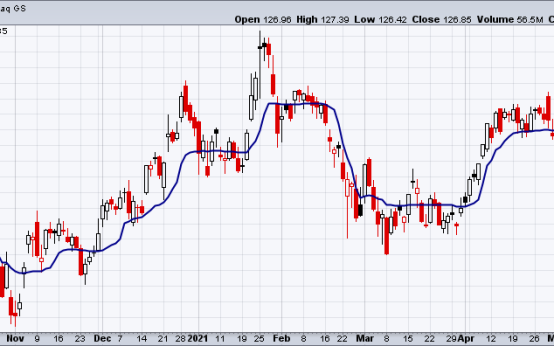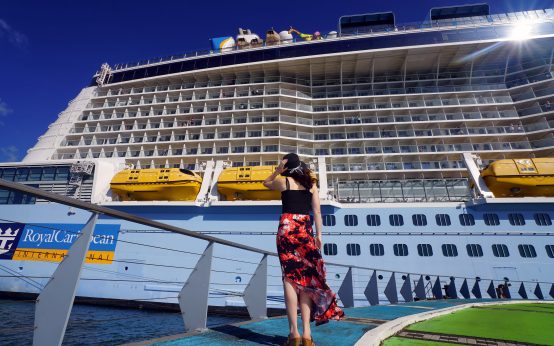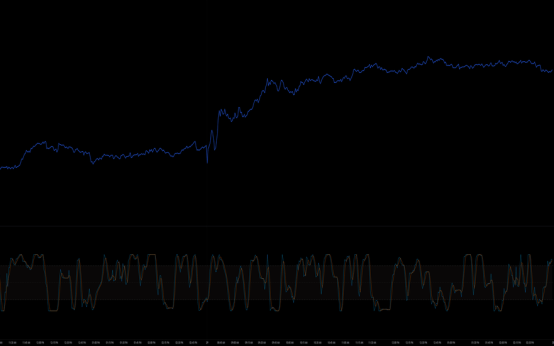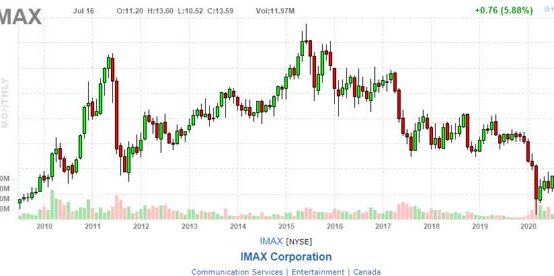The Kingdom of Bahrain is a small island nation of 1.3 million people in the Arabian Gulf. The government has three branches similar to the United States: the executive, legislative and judicial. This month, Bahrain will hold its fifth election cycle to fill the upper house of the legislature as well as its many municipal councils. More than 500 candidates, including over 40 women, are competing from more than 20 political organizations, which we call societies. Nearly 366,000 citizens are eligible to vote.
Bahrain embarked on this path nearly a century ago. The right to vote is deeply engrained in our history, as is our commitment to a woman’s right to vote. Women have participated in elections since 1951, making Bahrain a leader and a pioneer for women’s rights in the Gulf region.
Indeed, as a constitutional monarchy, Bahrain has shown itself to be an electoral model that has adapted to the evolving political landscape in the region. Bahrain’s Parliament consists of two chambers: an elected, 40-person Council of Representatives, which is considered the upper chamber, and an appointed, 40-person Consultative Council.
The elected Council of Representatives was upgraded to become the upper house of Parliament in 2014 as part of a series of reforms. The purpose of this change was to give more authority to citizens over the laws that govern them.
Other reforms enacted four years ago included empowering members of Parliament to approve officials nominated to become members of the government’s cabinet, drastically redrawing the lines of electoral districts to make Parliament more representative of the populace and allowing parliamentarians to put direct questions to the prime minister and his deputies.
This questioning is allowed without limitation as to topic, a major step forward in representative democracy. These and other reforms are considered significant – and notably progressive – in a region that has just started down this road.
Bahrain is determined to keep its democratic development on track. As a result, it has barred a few political societies over the years for inciting hatred and violence. Societies are prohibited from associating with foreigners whose goal is to topple the government. The societies that were dissolved were proven to have conspired with foreign enemies of the state. Bahrain was merely protecting its sovereignty, not shutting down dissent.
Bahrain’s constitution protects the right of free speech. But for the sake of public safety, it does not tolerate the incitement of hatred or violence in any form.
With its new parliamentary system, Bahrain has strived to become an example of forward-thinking governance in the region. It aspires to be a model not just for political empowerment, but also as a champion of civil engagement.
For example, in 2006, a Bahraini woman became the first female member of a Parliament in the Gulf region. Bahrain has also poured money into other initiatives that help women, including education and health care. Women also have great freedom to operate in the business sector. As a result, Bahrain boasts the fastest rate of growth of economic participation by women in the world, according to the International Labour Organization.
This is an important reason for Bahrain’s reputation in the Gulf region for being a welcoming nation, one that fosters openness and acceptance of various cultures and religions. This openness extends to its electoral system. Expatriates who have contributed to the Bahraini community by owning property or land are eligible to vote in municipal elections. This is one of many examples of the ways that the Bahraini government listens to the people who live there.
Today, under the leadership of His Majesty King Hamad bin Isa Al Khalifa, Bahrain proudly practices this openheartedness and is eager to expand it. He considers multi-culturalism and religious tolerance two of the nation’s core strengths and primary reasons for Bahrain’s dynamism.
This dynamism is especially reflected in the evolution the country’s elections. The upcoming elections, which begin this month and extend into December, will see the highest number of candidates and twice the number of women participating. Bahrain hopes these trends will be noticed and that they will reassure its allies that countries in the Gulf are working hard to move the narrative of the region in a progressive direction.
Abdulla Bin Rashid Al Khalifa is the Ambassador of the Kingdom of Bahrain to the United States.
 Kaufman Adaptive Moving Average Trending Up for Federal Signal Corp (FSS)
Kaufman Adaptive Moving Average Trending Up for Federal Signal Corp (FSS)  Checking on the Valuation For Shares of Zymeworks Inc. (TSX:ZYME), Talend S.A. (NasdaqGM:TLND)
Checking on the Valuation For Shares of Zymeworks Inc. (TSX:ZYME), Talend S.A. (NasdaqGM:TLND)  Consensus EPS Watch for Royal Caribbean Cruises Ltd. (NYSE:RCL)
Consensus EPS Watch for Royal Caribbean Cruises Ltd. (NYSE:RCL)  Estimates in Focus for Shares of Royal Caribbean Cruises Ltd. (NYSE:RCL)
Estimates in Focus for Shares of Royal Caribbean Cruises Ltd. (NYSE:RCL)  Caribbean Holdings International Corp (CBBI): Watching the Stochastic RSI on This Stock
Caribbean Holdings International Corp (CBBI): Watching the Stochastic RSI on This Stock  Signal Update on Shares of Imax Corp (IMAX): Weighted Alpha Hits -3.90
Signal Update on Shares of Imax Corp (IMAX): Weighted Alpha Hits -3.90